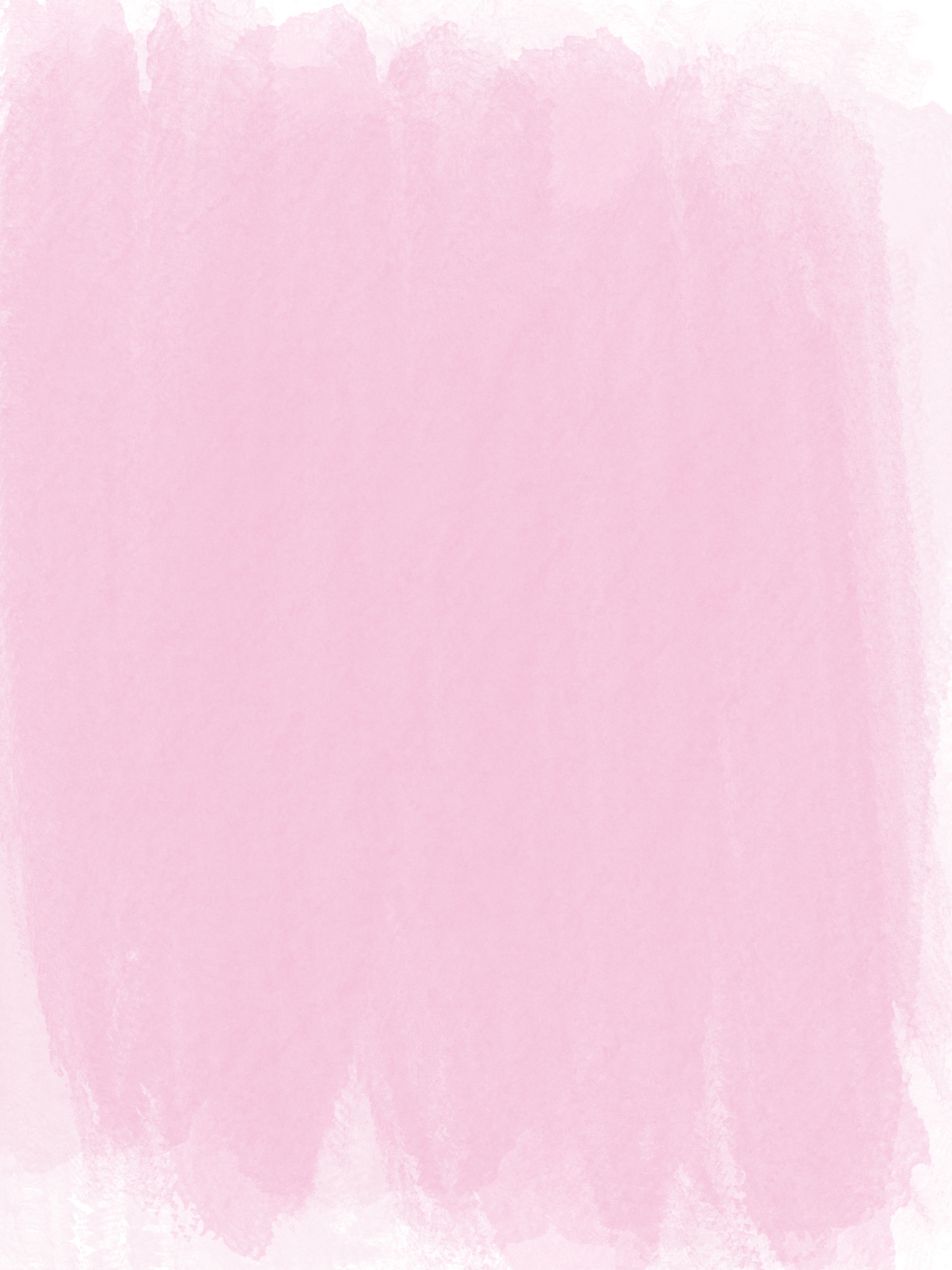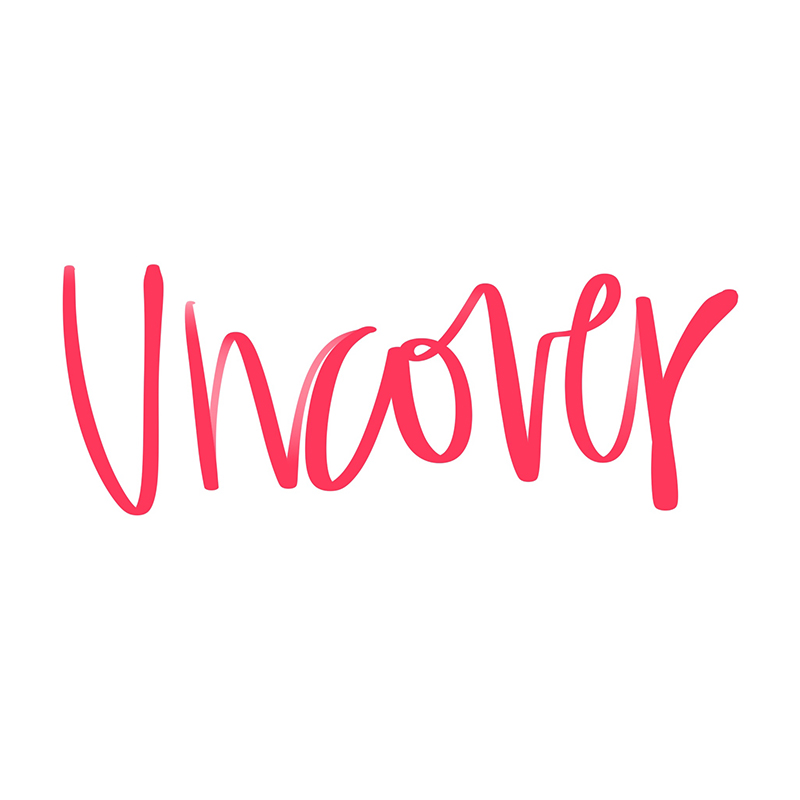Clinical Psychology and Climate Change Dread
By Katie Berohn
Psychologist Susan Spieler’s office has a commanding view of Central Park West and a small black backpack in the middle of the floor.
The backpack is a souvenir from one of the many events Spieler has attended about preparing for a climate crisis, and it’s there for a reason. Spieler hopes that a patient may ask her why she has a backpack in the middle of her office so that she can talk to her patients about climate change and its repercussions.
Spieler learned about climate change when her daughter, now 26, was in high school. Spieler’s daughter now works as a project manager for a small nonprofit that educates people about climate change. Passion for climate change runs in the family. Currently, Spieler is developing North America’s branch of the Climate Psychology Alliance, which is an organization based in the United Kingdom that uses psychological tools to help people understand climate change and cope with the possible damages that may come from it.
The Climate Psychology Alliance isn’t the only way that Spieler is trying to help the environment. Spieler also runs a chapter of Community Supported Agriculture, which allows residents to invest money in a local farmer’s crop and get it delivered. She has also been involved in the fight to prevent New York from becoming a fracked state. While Spieler spends her time fighting climate change, she still grapples with its many ramifications.
What inspired you to work for these causes for so many years?
I have a daughter that I care about, and her future matters to me and it makes me really sad that she has to deal with this. Very sad.
It’s hard to not be sad.
Right, but it is possible. I’ve seen people who are just overwhelmed by all of this and don’t do anything about it. There’s a neighbor in the building here who has children. One day I ran into her on the elevator a couple of years ago and I told her about one of the events I was hosting and asked if she’d be interested. Her reaction was very strange. She said, “I can’t.” She didn’t mean that she didn’t have time. She meant that it was too hard for her emotionally. But she has sons. Young kids. How could she not?
Recently I felt really sad about the whole thing. I was sick of hearing about Trump on the news so I turned on the National Geographic channel. I was seeing beautiful natural settings in the photography and rare animals, little creatures. And I started to really feel sad at how vulnerable this whole thing is. The program wasn’t aimed at getting me to feel sad. I felt sad because our civilization has been around for a long time and everything could disappear.
Do you think there is a way for people to get more involved if they’re overwhelmed or scared or do you think that’s a lost cause?
Well, we have to learn how to talk to people and assess what they know why they don’t know more, ‘cause maybe they don’t know more ‘cause they don’t want to know about it. And if they don’t want to know about it, I have to think about why don’t they want to know about it, is it too scary? If it’s too scary, then I have to talk about it in a more supportive way. Just like in therapy, I have to connect with people and figure out how to talk to them.
If people are not prepared to do a lot, get them to change their lightbulbs to LED bulbs, get them to compost, bring their food scraps. We have farmer’s markets everywhere in New York and many of them have a place at the farmers market to collect food scraps.
If somebody didn’t know very much about climate change, what is the biggest reason that they should care?
That’s a little hard to answer because I think everybody’s different. You should care because you’re young. You should care because you’re a parent. You should care because you’re a grandmother.
I have relatives who are tuned out to it. My niece last year told me she was pregnant with a second child, and she said, “You wouldn’t have advised me not to get pregnant, would you have?” And I paused because you don’t want to upset a pregnant woman. So I said, “I don’t know.” Which was honest. I don’t know. I mean, I’m sure that’s a question in a lot of young women’s minds about should I have children, because of this future that seems to be happening. It’s a very upsetting thing to think about.
What are some of your hopes for the future?
I feel much more hopeful when I’m engaged. That is what gives me the most hope. Sitting around and saying “what can I do” is not going to make me feel better. It makes me feel better that I’m doing whatever I can about this problem.

